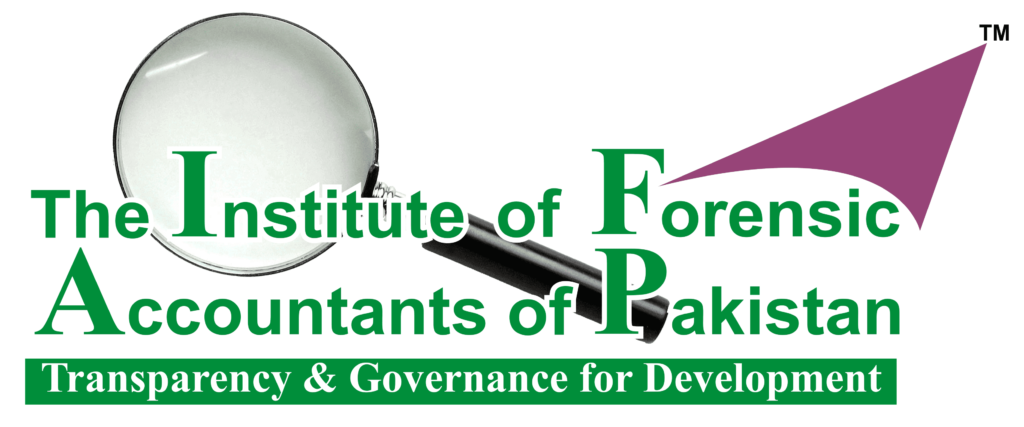Ethical Challenges In Forensic Accounting And Auditing
Forensic accounting and auditing play a crucial role in uncovering financial fraud, mismanagement, and irregularities within organizations. The professionals in this field are responsible for investigating financial discrepancies, analyzing data, and providing expert testimony in legal proceedings (ACFE, 2019). While forensic accountants and auditors are bound by ethical guidelines, they face various ethical challenges in their practice. This article explores some of the key ethical challenges encountered in the field of forensic accounting and auditing, providing insights into the implications and potential solutions.
1. Conflicts of Interest
One significant ethical challenge in forensic accounting and auditing is the potential for conflicts of interest. Forensic accountants may find themselves in situations where their personal interests or relationships with clients or colleagues’ conflict with their professional responsibilities. Such conflicts can compromise objectivity and hinder the impartial investigation of financial misconduct (Ramamoorti & Arlin, 2016).
2. Maintaining Independence
Independence is a cornerstone of the auditing profession, and forensic auditors are no exception. Maintaining independence from the client is essential to ensure an objective and unbiased investigation. However, this can be challenging when forensic accountants are engaged by the same client repeatedly or have longstanding relationships (ACFE, 2019).
3. Ethical Decision-Making
Ethical decision-making is an ongoing challenge in forensic accounting and auditing. Professionals may encounter situations where they must make difficult choices, such as whether to report suspicions of fraud, even when it implicates a high-ranking executive within the organization. Balancing the duty to the client, the profession, and the law can be ethically complex (Ramamoorti & Arlin, 2016).
4. Confidentiality and Privilege
Maintaining client confidentiality is a fundamental ethical obligation for forensic accountants. However, when faced with potential criminal activities, they may encounter situations where they must balance client confidentiality with the duty to report illegal actions. Additionally, the issue of attorney-client privilege can further complicate matters, as information protected by privilege cannot be disclosed without legal consent (ACFE, 2019).
5. Pressure and Influence
Forensic accountants often face pressure and influence from various sources, including clients, colleagues, and third parties. Clients may pressure them to produce findings that are favorable to their interests, while external parties might seek to influence the outcome of investigations (Ramamoorti & Arlin, 2016).
How To Address Ethical Challenges
There are a number of things that forensic accountants and auditors can do to address ethical challenges:
Be familiar with the relevant ethical codes and standards: Forensic accountants and auditors should be familiar with the ethical codes and standards of their profession. These codes provide guidance on how to handle ethical challenges and make ethical decisions.
Identify and assess ethical threats: Forensic accountants and auditors should identify and assess the ethical threats that they may face in each engagement. These threats can arise from the nature of the work, the clients they serve, and the complex legal and regulatory environment in which they operate.
Implement safeguards to mitigate ethical threats: Once forensic accountants and auditors have identified and assessed ethical threats, they should implement safeguards to mitigate those threats. Safeguards can include things like recusal, conflict of interest waivers, and peer review.
Seek guidance from others: If forensic accountants and auditors are unsure about how to handle an ethical challenge, they should seek guidance from their supervisor, a colleague, or an ethics advisor.
Forensic accounting and auditing play a pivotal role in detecting and preventing financial fraud and misconduct, yet the ethical challenges intrinsic to these professions are intricate and multifaceted. Upholding the integrity of their work is imperative. This involves maintaining independence, promoting ethical decision-making, and addressing issues such as conflicts of interest and confidentiality. Ethical principles are not just a professional duty but a cornerstone in preserving the trust and credibility of the forensic accounting and auditing profession. Forensic accountants and auditors can navigate these ethical challenges by adhering to relevant ethical codes and standards, proactively identifying and assessing ethical threats, implementing safeguards to mitigate these threats, and seeking guidance from peers and experts, ensuring that they consistently uphold the highest ethical standards in their vital work.
References:
Association of Certified Fraud Examiners (ACFE). (2019). Code of Professional Ethics. Retrieved from https://www.acfe.com/code-of-ethics.aspx
Ramamoorti, S., & Arlin, P. (2016). Ethical issues in forensic accounting. Wiley Online Library. https://onlinelibrary.wiley.com/doi/abs/10.1002/jcaf.22160

Author:
Muhammad Ali
FICFA, FIPA, FFA, CCFA, FFA, FCIAP, MBA

